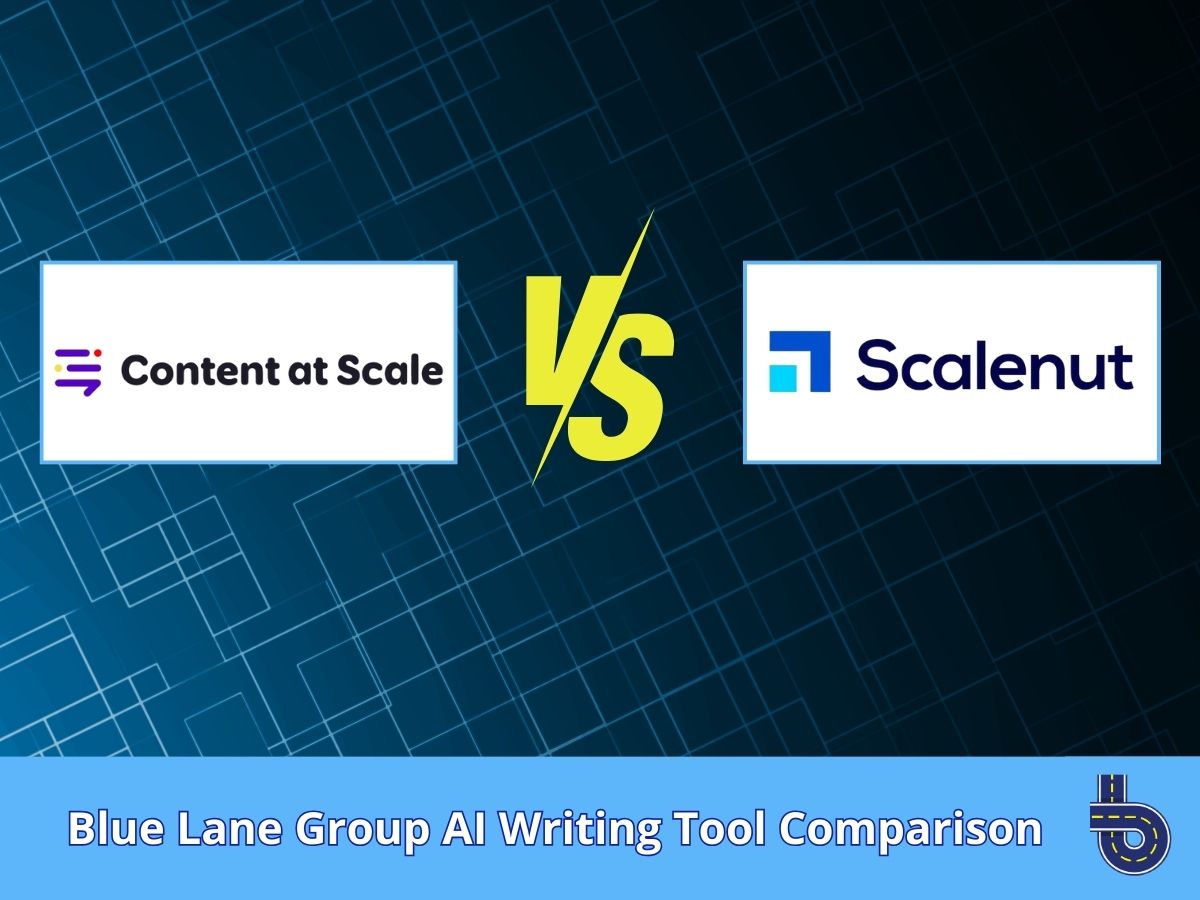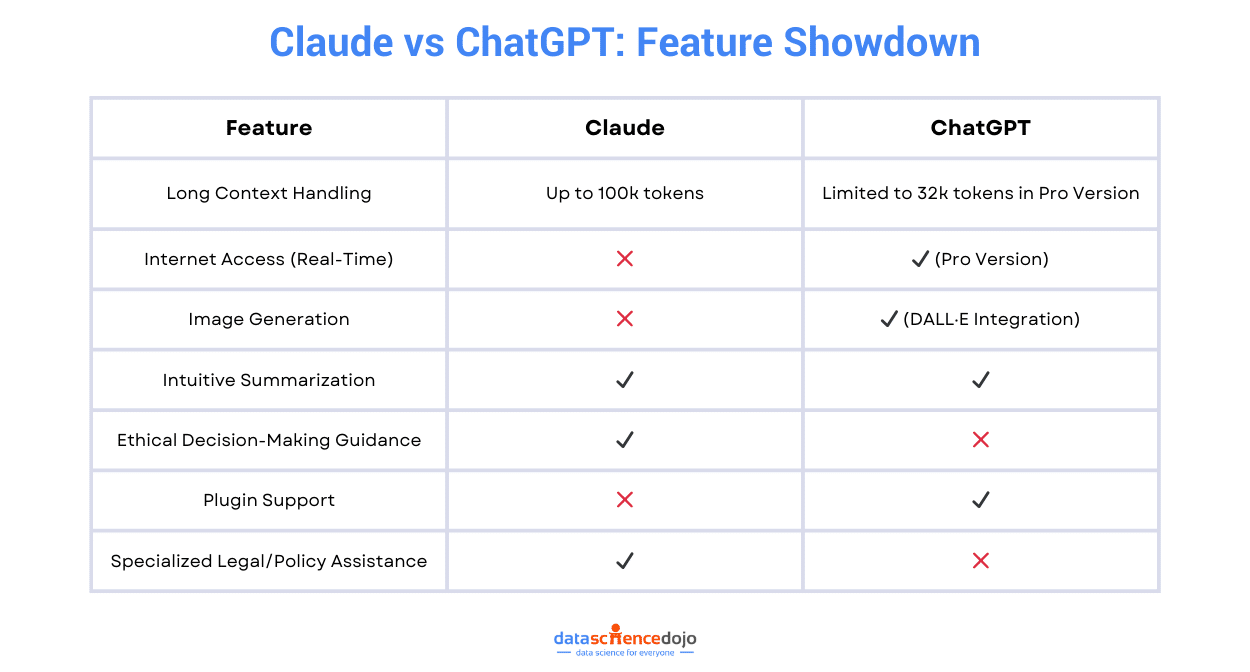Claude vs. ChatGPT: What I Found After 30 Days of Use
I have been using ChatGPT for research and rephrasing purposes for two years now. In its initial phase, the research was generic. But I found my own way to make the most of it: I gave video transcripts as input to gather meaningful quotes from experts. AI helped me with quick quotes that I can use in my writing.
As ChatGPT evolved, its research started getting better. At present, ChatGPT’s Deep Research is exceptionally accurate as it supplies links to information sources that I can verify if needed. However, it has its limits on the Free and Plus plans. I decided to find an alternative AI chatbot and compared Claude vs. ChatGPT.
Exploring Claude and ChatGPT
I started evaluating Anthropic’s Claude, not just for research but also for purposes relevant to my role as a content marketer. After spending some serious time with both platforms, I found that ChatGPT is great for deep research and image generation, while Claude is best for creative writing and coding.
Curious about my results? Let’s dig into the research on it!Note: Both Anthropic and OpenAI frequently roll out new updates to these AI chatbots. The details below reflect capabilities as of April 2025 and may change over time.
Claude does a good job of writing creatively, while ChatGPT shows decent capabilities for researching and generating images. The choice between the two ultimately converges into what is the one thing you want the AI sidekick to automate, which saves a lot of your time. Before we begin the head-to-head testing, I want you to examine the AI chatbot platforms and their features more closely. They're both impressive, but the devil's in the details, isn't it? Let's break them down and see what sets them apart.

Distinguishing Features of Claude and ChatGPT
There are a few similarities between Claude and ChatGPT, including:
- Research capabilities
- Writing and rephrasing functionalities
- Coding assistance
- Image generation tools

To make sure it was a fair fight, I used their free versions of Claude and ChatGPT, and tested them in research, writing and rephrasing, coding, and image generation capabilities. I ensured complete fairness by using identical prompts for both, with no modifications or adjustments, just the same questions throughout. Finally, I evaluated the response for its accuracy, creativity, and usability.
I categorize an output as accurate when the prompt's response is as expected. The response's engagement and structure displayed creativity. Lastly, the ease of using a response as is determines its usability.
To add other user perspectives, I also cross-checked my findings with G2 reviews to see how different users experience these models.
Disclaimer: AI responses may vary based on phrasing, session history, and system updates for the same prompts. These results reflect the models' capabilities at the time of testing.
I explored both platforms in-depth, highlighting why certain features stand out and what they mean for real users. By testing each tool, I uncovered its strengths and limitations for a clear, hands-on comparison. Let’s get started!
Research Capabilities Comparison
To test both tools' research capabilities, I tested them with the same prompt, “Compare Claude and ChatGPT in terms of research, writing, coding, and pricing. The purpose is to research the two platforms.”
Claude gave me a good overview of the difference between the two platforms in bullet points for each capability. Although this was helpful, I doubted its credibility since no information sources were mentioned with it, where I could verify the facts.

Claude gave me a high-level understanding of the differences, which helped me summarize. However, this research wouldn’t help much in making informed conclusions since verifying its accuracy was tricky. Claude’s Research is still in beta and is available in only a few regions, including the US, Japan, and Brazil.
ChatGPT, on the other hand, has a Deep Research feature in its free version. It provides comprehensive information on the differences between Claude and ChatGPT with reliable (and clickable) sources. This allows me to personally verify the accuracy of the pointers I’d use to construct my perspective on the two tools.

Moreover, you get a complete list of sources and citations that ChatGPT used as a reference for the research. This makes ChatGPT’s response more credible than Claude's.
Based on my experience on the platform, I feel ChatGPT does better in research than Claude.Winner: ChatGPT
Writing Capabilities Comparison
I compared Claude and ChatGPT based on a prompt, “Write an informal essay on AI taking over the world.” Claude gave me an option to select the writing style while supplying the prompt.

Claude's response appeared to be more engaging than ChatGPT's. Claude used a Terminator analogy to help me visualize its writing. It used short sentences to maintain better readability and kept the tone conversational.

When I tested the same prompt in ChatGPT, I was surprised to see the result. The context it sets is better and more interesting than Claude's. However, the writing style is pretty bland. ChatGPT covers different angles of the topic while conveying its real-world impact. At the end of its response, ChatGPT asks if a user would have a more conversational or humorous tone.




















